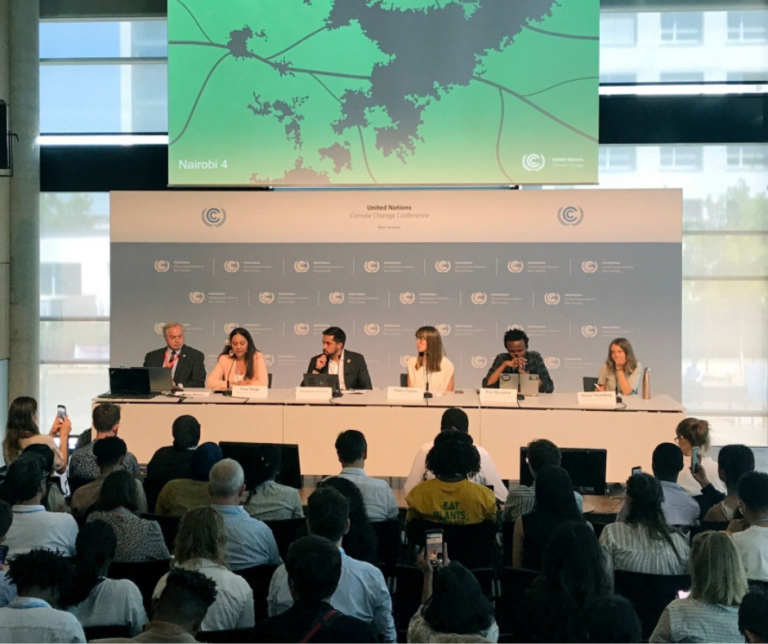
23rd Monthly Article on Digital Transformation Huamne and Ethics July-2021
Introduction
The United Nations General Assembly proclaimed ‘The Universal Declaration of Human Rights (UDHR)1 in December 1948. This is the first universally accepted code of standards for human rights. It was mandated to be achieved for all people by all sovereign nations. The UDHR has been translated into more than five hundred languages and is continuing to serve as the compendium for all legislations enacted by all countries across the world. It has also facilitated negotiation and signing of about seventy treaties connected with human rights which are being applied on an enduring basis across all continents and regions. Any violation of the thirty principles set out in the UDHR are, therefore, to be construed as unethical and a crime against humanity. The ultimate objective of any effort by any individual or an entity/agency of any form should be to do good for the targeted people and thus, render service to humanity irrespective of whether with or without deriving reasonable profit. DigitalTransformation (DT) can in no way be an exception to this cardinal principle. If this is accepted as the maxim, mandates of the UDHR must also be the guiding principles for DT. Therefore, these are also the ethical imperatives for all digital scientists and startups, engaged in designing and/or implementing solutions, as well as government and business entities adopting DT for operations and service delivery. Unfortunately, innumerable debates have taken place to ascertain whether confidence in digital technologies can be taken for granted, albeit trust, security, privacy, and safety are the important qualitative factors for assessing success of DT. All these disparagements are there despite AI, ML and Data Analytics are helping decision making on complex and voluminous issues. And all the eight deep digital technologies are helping to design solutions for convoluted and capacious problems with considerable positive economic impacts on all stakeholders, and the societal fabric in general. However, inter alia other concerns, overwhelming dependence on an exceptionally fast-moving and integrated network of interconnected systems magnifies the impacts of failures and threatens resilience. Learn more from pdf >>>>>>

You and Your MSME Operational and Financial Activism CMA National Convention-2016

Tresscon Big CIO Show Presentation

Trescon Mysis Leveraging Automation for Lending Risk Management in Banks

Transformation from Risk Managing to Risk Enabled Organisation

